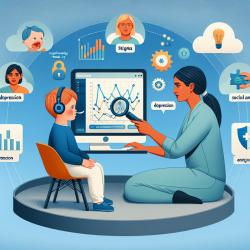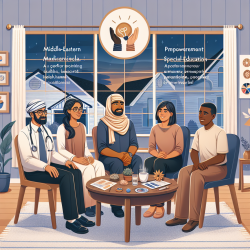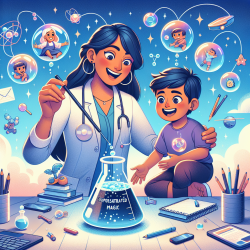Introduction
In the quest for a safe blood supply, global health policies have long emphasized voluntary, non-remunerated blood donations from low-risk groups as the gold standard. However, the research article "Meanings of blood, bleeding and blood donations in Pakistan: implications for national vs global safe blood supply policies" challenges this one-size-fits-all approach, advocating for policies that consider local cultural contexts. This blog explores how practitioners can leverage these insights to improve blood donation systems, particularly in culturally diverse settings.
Understanding the Cultural Context
The research conducted in Pakistan revealed that blood donation is deeply intertwined with cultural beliefs and kinship ties. In Pakistan, blood is not just a biological substance; it symbolizes kinship and social bonds. The study highlighted that many Pakistanis prefer kin-based blood donations due to beliefs in the purity and moral character associated with family blood.
Practitioners can enhance their understanding of local cultural contexts by engaging in ethnographic research and community dialogues. This approach will help in designing blood donation systems that respect and incorporate local beliefs, thereby increasing participation and trust in the system.
Challenges of Global Policies
Global blood donation policies often emphasize anonymity and altruism, which may not align with local beliefs in many parts of the world. In Pakistan, the anonymity of blood donation is problematic as it conflicts with the cultural preference for known donor-recipient relationships. Practitioners should consider these cultural nuances when implementing blood donation policies.
By understanding the limitations of global policies, practitioners can advocate for more flexible, context-specific strategies that respect local traditions while ensuring safety and efficiency.
Implications for Policy Development
The research suggests that a mixed blood donation system, which incorporates both voluntary anonymous donations and kin-based donations, may be more effective in Pakistan. This approach can harness the strengths of local kinship networks while addressing the needs of those excluded from these networks.
Practitioners should work with policymakers to develop blood donation systems that are adaptable to local contexts. This may involve creating new social networks or community groups that can provide support similar to traditional kinship networks.
Encouraging Further Research
The findings from Pakistan underscore the importance of context-specific research in developing effective health policies. Practitioners are encouraged to conduct further research in their own regions to understand local beliefs and practices related to blood donation. This research can provide valuable insights for designing culturally sensitive and effective blood donation systems.
Conclusion
By incorporating local cultural contexts into blood donation policies, practitioners can improve participation and trust in blood donation systems. The research from Pakistan offers valuable lessons for developing more effective and culturally sensitive health policies worldwide.
To read the original research paper, please follow this link: Meanings of blood, bleeding and blood donations in Pakistan: implications for national vs global safe blood supply policies.










